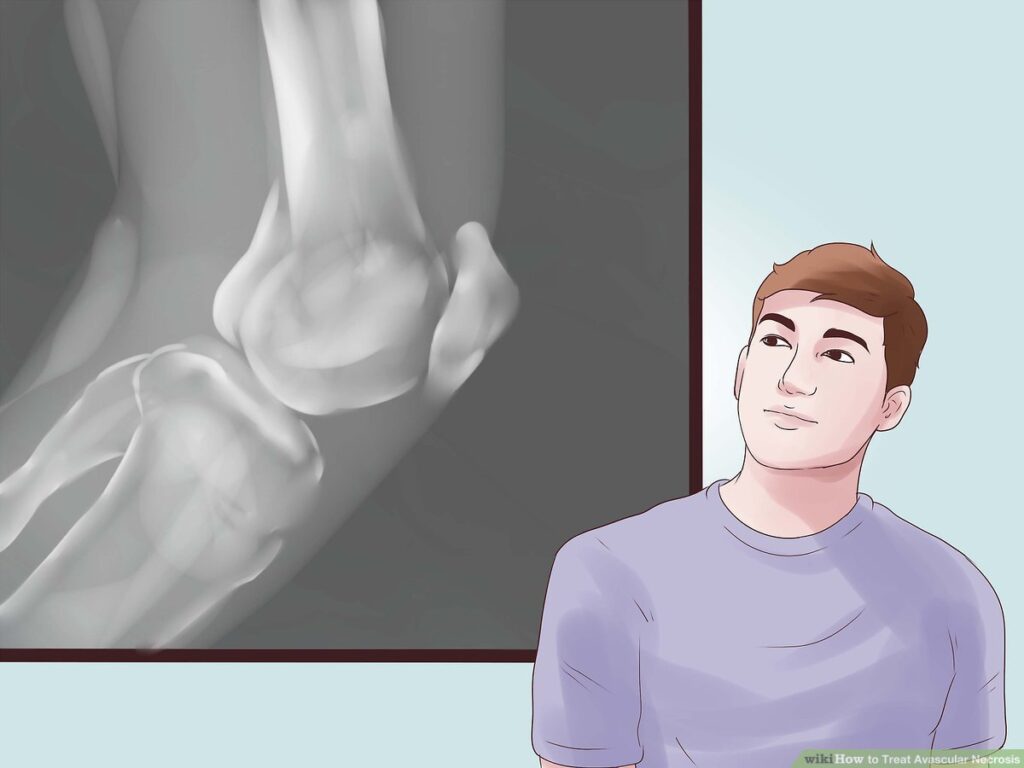
Core decompression surgery is a crucial procedure often used to treat conditions like avascular necrosis (AVN) and certain hip fractures. While this surgical intervention can significantly alleviate pain and improve hip function, it’s essential to follow specific precautions during the recovery phase to ensure a successful outcome. In this blog, we’ll explore the key precautions to take after core decompression surgery, helping you on your journey to a full and speedy recovery.
Understanding Core Decompression Surgery
Before diving into post-operative precautions, let’s briefly recap what core decompression surgery entails. This surgical procedure is typically performed to address AVN, a condition where the blood supply to the bone tissue in the hip joint becomes compromised, leading to bone death. Core decompression involves:
- Making a small incision near the hip joint.
- Removing a core of diseased or damaged bone from the affected area.
- Relieving pressure within the bone, allowing for improved blood flow.
- Sometimes, a bone graft or regenerative material is inserted to stimulate healing.
Now, let’s explore what steps to take after the surgery:
Post-Operative Precautions
1. Weight-Bearing Restrictions:
- Your surgeon will provide clear instructions regarding weight-bearing restrictions. In many cases, you may be advised to avoid putting full weight on the operated leg for a specific period.
- You might require crutches or a walker to assist with mobility.
2. Medication Management:
- Pain management is essential during the early stages of recovery. Follow your doctor’s prescribed pain medication regimen.
- Blood thinners may also be prescribed to prevent blood clots.
3. Physical Therapy:
- Engage in physical therapy as recommended by your surgeon. Physical therapists will guide you through exercises to improve hip strength, flexibility, and mobility.
- Stick to your prescribed exercise routine diligently.
4. Wound Care:
- Keep the surgical site clean and dry to prevent infection.
- Report any signs of infection, such as redness, swelling, or increased pain, to your healthcare provider promptly.
5. Follow-Up Appointments:
- Attend all scheduled follow-up appointments with your surgeon to monitor your progress.
- X-rays or other imaging may be performed to assess bone healing.
6. Mobility and Assistive Devices:
- Utilize assistive devices, like crutches or a cane, as advised by your surgeon.
- Gradually increase your weight-bearing activity as directed.
7. Lifestyle Adjustments:
- Make necessary adjustments to your daily activities and workspace to minimize strain on the hip joint.
- Consider temporary modifications to your home for easier navigation.
8. Dietary Considerations:
- Maintain a balanced diet rich in nutrients that promote bone healing, such as calcium and vitamin D.
Patience and Positivity
Recovery from core decompression surgery requires patience and a positive mindset. Understand that healing takes time, and adhering to your surgeon’s recommendations is crucial for a successful recovery. Listen to your body, and communicate any concerns or issues with your healthcare team promptly.
Remember that everyone’s recovery journey is unique, and your surgeon will tailor your post-operative care plan to your specific needs. By following these precautions and staying committed to your recovery, you can look forward to regaining your mobility and enjoying an improved quality of life.




